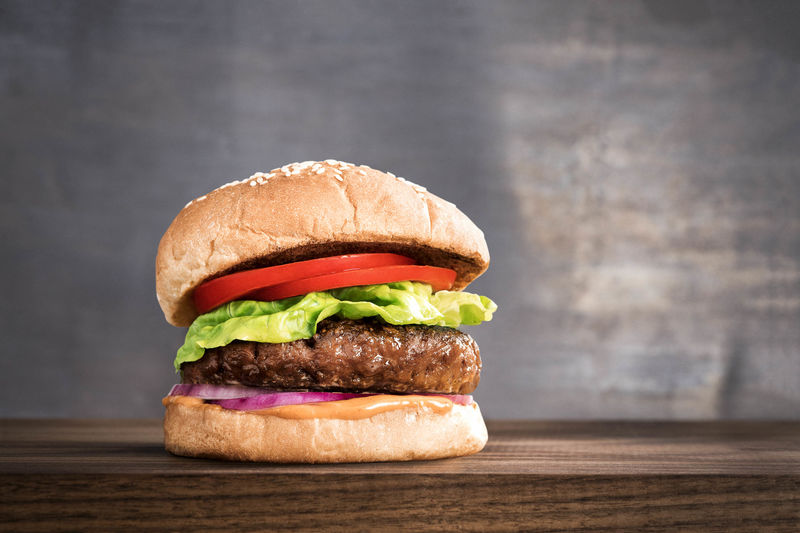(Bloomberg) -- Pricey burgers are coming to a store near you.
A spike in corn prices is keeping cattle out of feedlots, where they fatten up on the grain for months before going to slaughter. That means fewer animals coming to the market in the months to come -- conditions that can result in expensive beef at grocery stores.
“Higher prices for the next two to four years are pretty much set in stone,” Rich Nelson, chief strategist at Allendale Inc., said of both beef and cattle.
Beef prices have already seen a round of inflation, even touching a record high in grocery stores last year after some slaughterhouses closed due to Covid-19 outbreaks among workers. Because of the closures, cattle ranchers had nowhere to send animals, so they kept them out of the marketing pipeline. Now, high feed prices are eating away at already slim profits, leading ranchers to keep even more animals grazing on pastures, instead of bulking them up at feedlots for processing.
There isn’t enough corn available globally from major suppliers such as Ukraine and Brazil, and China is eager to import the grain to feed huge numbers of hogs that recovered faster than anticipated from a deadly virus. So importers are buying more from the U.S., leaving less of the yellow grain for domestic feed use.
Corn futures in Chicago are close to seven-year highs, and reached as much as $5.415 a bushel this month. Prices for corn in cattle-feeding areas such as Texas are nearing $6 a bushel, U.S. Department of Agriculture data showed.
The higher corn prices will begin affecting cattle flows this month, Nelson said, with beef prices rising for consumers later this year by 3%.
Meanwhile, USDA will release a report Friday on the number of cattle placed in feedlots during December. It’s likely 3.1% lower than in the same month a year ago, according to a Bloomberg survey of analysts.
If realized, that would be the third straight monthly decline and the eighth out of the past 12 months.
USDA is also expected to show a smaller U.S. herd in its biannual cattle inventory report due Jan. 29, Steiner Consulting said in its Daily Livestock Report.
©2021 Bloomberg L.P.
